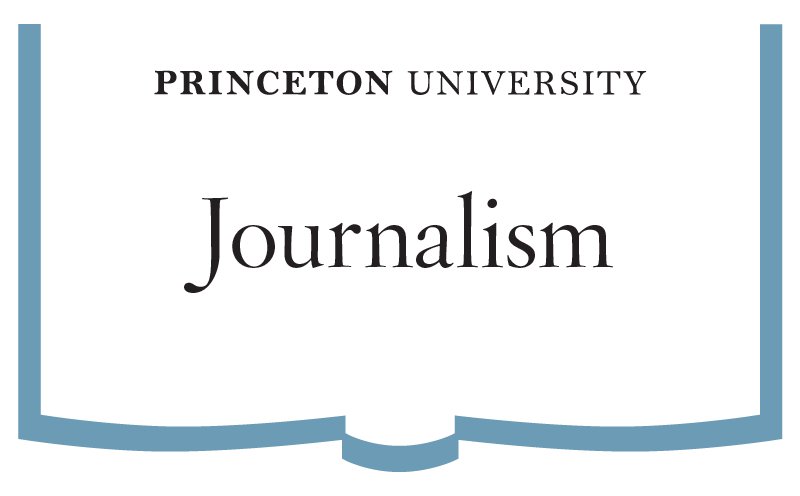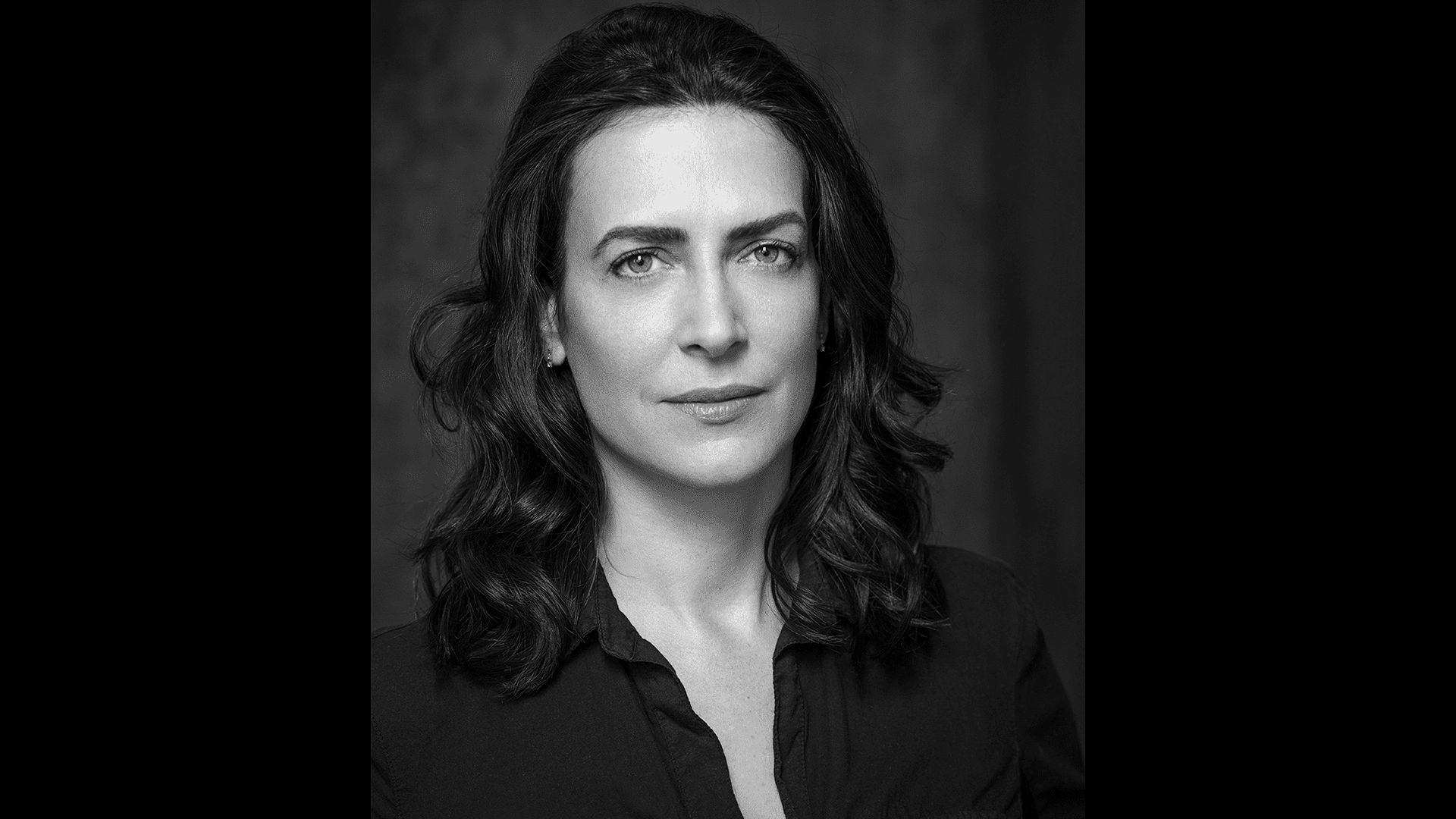Two-time Pulitzer Prize-winning journalist Andrea Elliott will join the Humanities Council and the Program in Journalism next semester as a Visiting Lecturer and Ferris Professor of Journalism.
A staff writer for The New York Times, Elliott has dedicated her career to documenting the lives of poor Americans, Muslim immigrants, and other people on the margins of power. She is the author of “Invisible Child: Poverty, Survival & Hope in an American City,” which won the 2022 Pulitzer Prize in General Nonfiction. The book, based on nearly a decade of immersive reporting, tells the story of a young girl growing up homeless in New York City.
“The Humanities Council could not be more excited to welcome Andrea Elliott this spring,” said Tera Hunter, the Edwards Professor of American History, professor of African American studies, and Acting Chair of the Council. “She will bring a wealth of experience as a creative nonfiction writer and immersive journalist with a body of impressive and impactful work that will enrich our course offerings and enliven the intellectual community on campus.”
Over the course of Elliott’s career, she has specialized in long-form immersive reporting, winning the 2007 Pulitzer Prize in Feature Writing for “An Imam in America,” a three-part series about the life of a Muslim leader in Brooklyn. She is also the recipient of a George Polk Award, an Overseas Press Club Award, the J. Anthony Lukas Book Prize, and is the first woman in history to win individual Pulitzers in both Arts & Letters and Journalism. Prior to joining The Times in 2003, Elliott covered crime, immigration, and Latin American politics at The Miami Herald.
“Andrea is a wonderful addition to our team, her approach to narrative nonfiction fits perfectly with the interdisciplinary vision of our Program and the Council,” said Joe Stephens, founding director of the Program in Journalism and Ferris Professor in Residence. “Her appointment adds continuity to our Program and reaffirms our reputation as the nation’s home for literary writing in nonfiction.”
At the Program in Journalism, Elliott joins Stephens, a former investigative reporter for The Washington Post; Deborah Amos, an award-winning international correspondent for NPR News; and John McPhee, a staff writer for The New Yorker since 1965 and Pulitzer Prize-winning author of more than 30 books. She will teach alongside four fellow visiting Ferris Professors in the spring—Neil Bedi, Nadja Drost, Pallavi Gogoi, and Channing Joseph—and a slate of distinguished scholars who are serving as Visiting Lecturers in the Council in the 2022-2023 academic year.
Elliott will offer a version of the Program in Journalism’s long-running “Creative Nonfiction” seminar. Her undergraduate course will focus on immersion journalism, where students will learn story structure, interviewing techniques, and how to build observation skills in order to produce narrative nonfiction.
“I am thrilled to be joining the Princeton community,” said Elliott. “My hope is to teach the kind of class that inspires a new generation of narrative nonfiction writers.”
Princeton’s journalism courses were inaugurated in 1957 by a bequest from former New York Herald journalist Edwin F. Ferris. They have since become some of the nation’s most respected journalism seminars—as well as some of the University’s most highly rated classes. In 2018 the faculty voted unanimously to approve transforming the seminars into a formal academic program.
Raised in Washington, D.C. by a Chilean mother and an American father, Elliott graduated from Occidental College and earned a master’s degree from Columbia University’s Graduate School of Journalism.













